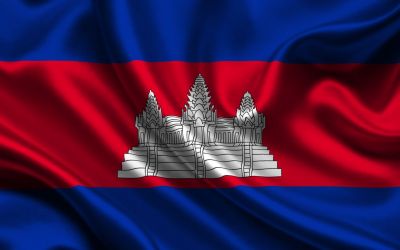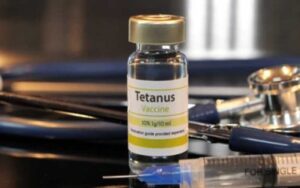Cambodia is a Southeast Asian nation whose landscape spans low-lying plains, the Mekong Delta, mountains and Gulf of Thailand coastline. Phnom Penh, its capital, is home to the art deco Central Market, glittering Royal Palace, and the National Museum’s historical and archaeological exhibits. In the country’s northwest are the ruins of Angkor Wat, a massive stone temple complex built during the Khmer Empire
Recommended Travel Vaccinations For Cambodia
| VACCINE | HOW DISEASE SPREADS | PREVENTIVE ACTIONS |
| Hepatitis A | Contaminated food or water, regardless of where you are eating or staying. | Get vaccinated. Eat and Drink safely |
| Typhoid | Food & Water | Get vaccinated. Eat and Drink safely |
| Hepatitis B | You can get hepatitis B through sexual contact, contaminated needles, and blood products | Get vaccinated.Avoid sharing body fluids.Avoid non sterile medical or cosmetic equipment |
| Rabies | Saliva infected animals. | Get vaccinated.Keep away from animal |
| Japanese Encephalitis Vaccine | Mosquito’s | Recommended depending on itinerary and activitiesMay be given to short- and extended-stay travelers, recurrent travelers and travel to rural areasPresent throughout country. Most cases from April to August |
| Yellow Fever | Yellow Fever is a mosquito-borne infectious disease and can get yellow fever through Mosquitos | Get vaccinated.Prevent mosquito bites |
Routine Vaccinations For Cambodia
| VACCINE | HOW DISEASE SPREADS | PREVENTIVE ACTIONS |
| Measles, Mumps and Rubella Vaccination (MMR) | Rubella is a contagious disease caused by a virus.symptoms that can include a low-grade fever, sore throat, and a rash that starts on the face and spreads to the rest of the body. | Get vaccinated.Avoid sharing contacts with infected people.wash your hands using soap. Avoid infected person coughs, sneezes or even talks |
| Tetanus, Diphtheria and Pertussis (Tdap) Vaccination | Tetanus enters the body through breaks in the skin. This is most often cuts or wounds made by contaminated objects.Tetanus enters the body through a wound or cut. It affects the brain and nervous system and causes extremely painful muscle spasms.Diphtheria is a very contagious infection that makes it difficult to breathe. In severe cases, it can cause heart and nerve damage.Pertussis, or whooping cough, is an extremely contagious respiratory infection that can lead to severe breathing problems, especially in infants | Get vaccinated. |
| Chickenpox (Varicella) Vaccination | Chickenpox is a highly contagious infection caused by the varicella-zoster virus. It causes a blister-like rash across the body.Chickenpox can spread from someone with shingles to other who has never had the disease. This happens if a person touches or inhales droplets of the shingles blisters. | Get vaccinated.Avoid sharing contacts with infected peopleAvoid sharing contacts with infected people |
| Polio Vaccination | “Polio (poliomyelitis) is a potentially deadly, life-altering disease. The virus enters the body and attacks the brain and spinal cord, often causing paralysis | Get vaccinated.Avoid sharing contacts with infected people.Avoid contaminated food or water, though sneezes or coughs can transmit the virus |
| Meningitis | Airborne & Direct Contact. | Given to anyone unvaccinated or at an increased risk, especially students |
| Influenza | Influenza is a viral infection that attacks your respiratory system — your nose, throat and lungs. This is commonly called the flu, but it’s not the same as stomach “flu” viruses that cause diarrhea and vomiting. | Get Vaccinate Away from people who are infected cough or sneeze |
| Pneumonia | Airborne & Direct Contact. | Two vaccines given separatelyAll 65+ or compromised should receive both |
| Shingles | Direct Contact | Vaccine can still be given if you have had shingles |










